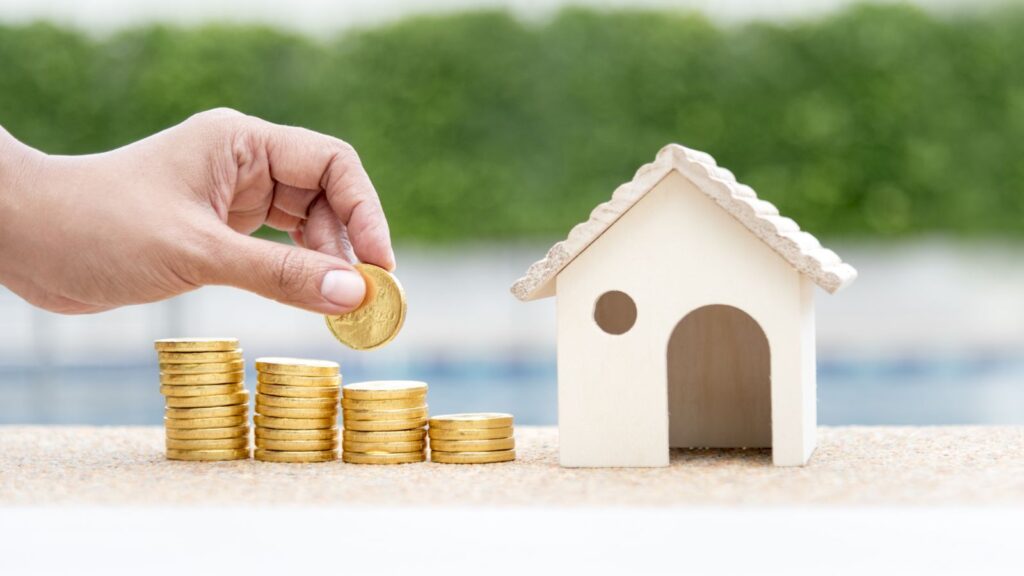If you’re thinking about sprucing up your home with some DIY projects, many do-it-yourself endeavours can add charm and personality to your space. However, some might do more harm than good, especially when it it time to sell. Here are 16 DIY projects that will lower your home’s value.
Overly Personalised Decor
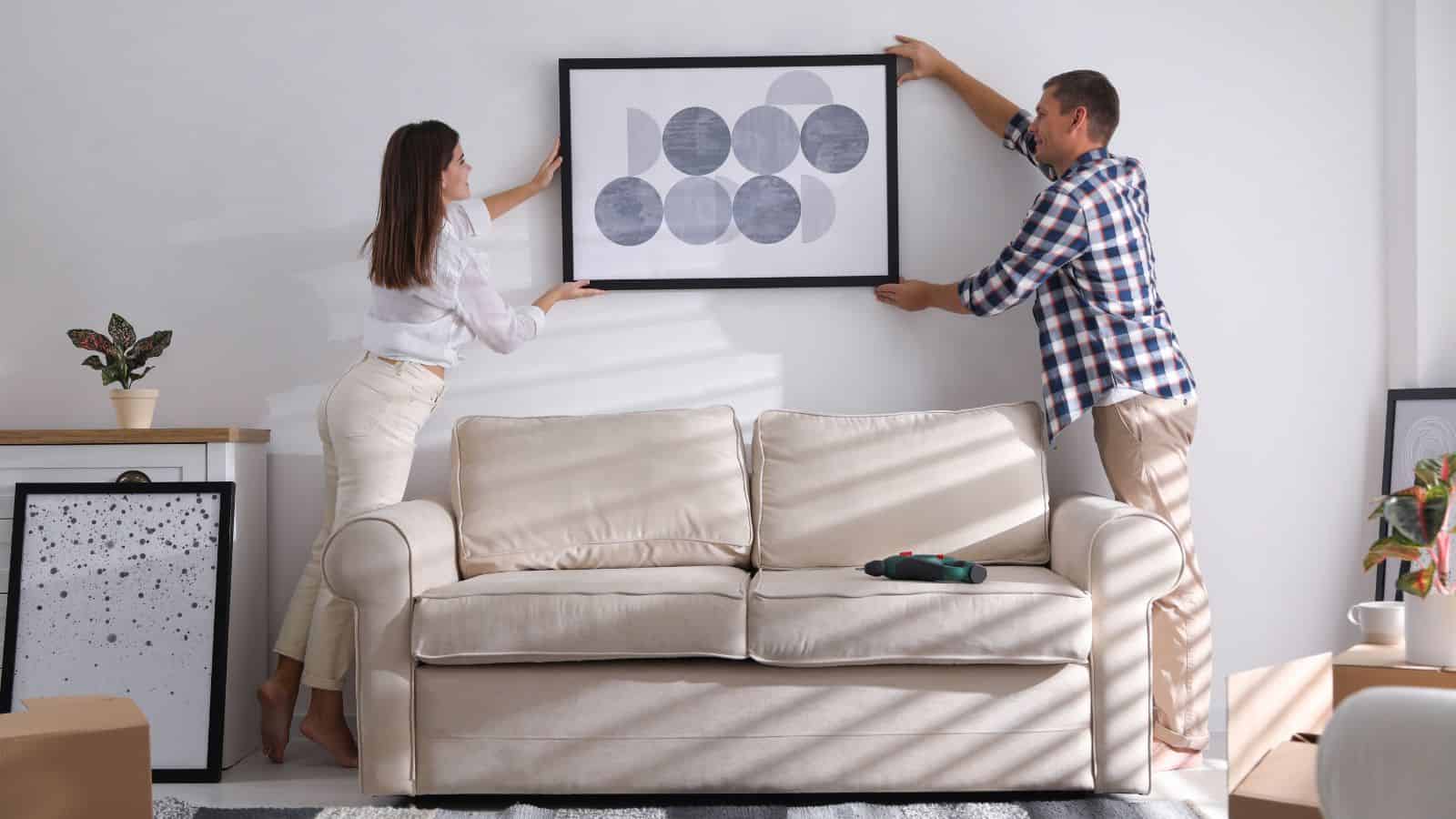
According to Ideal Home, “neutral paint is the way to go” if you’re preparing to sell. While it’s important to make your home reflect your personal style, going overboard with highly personalised decor can be a turn-off for potential buyers. Unique colour schemes, bold wallpapers, or themed rooms might appeal to you but could make it difficult for others to see themselves living in the space.
Poorly Executed Paint Jobs
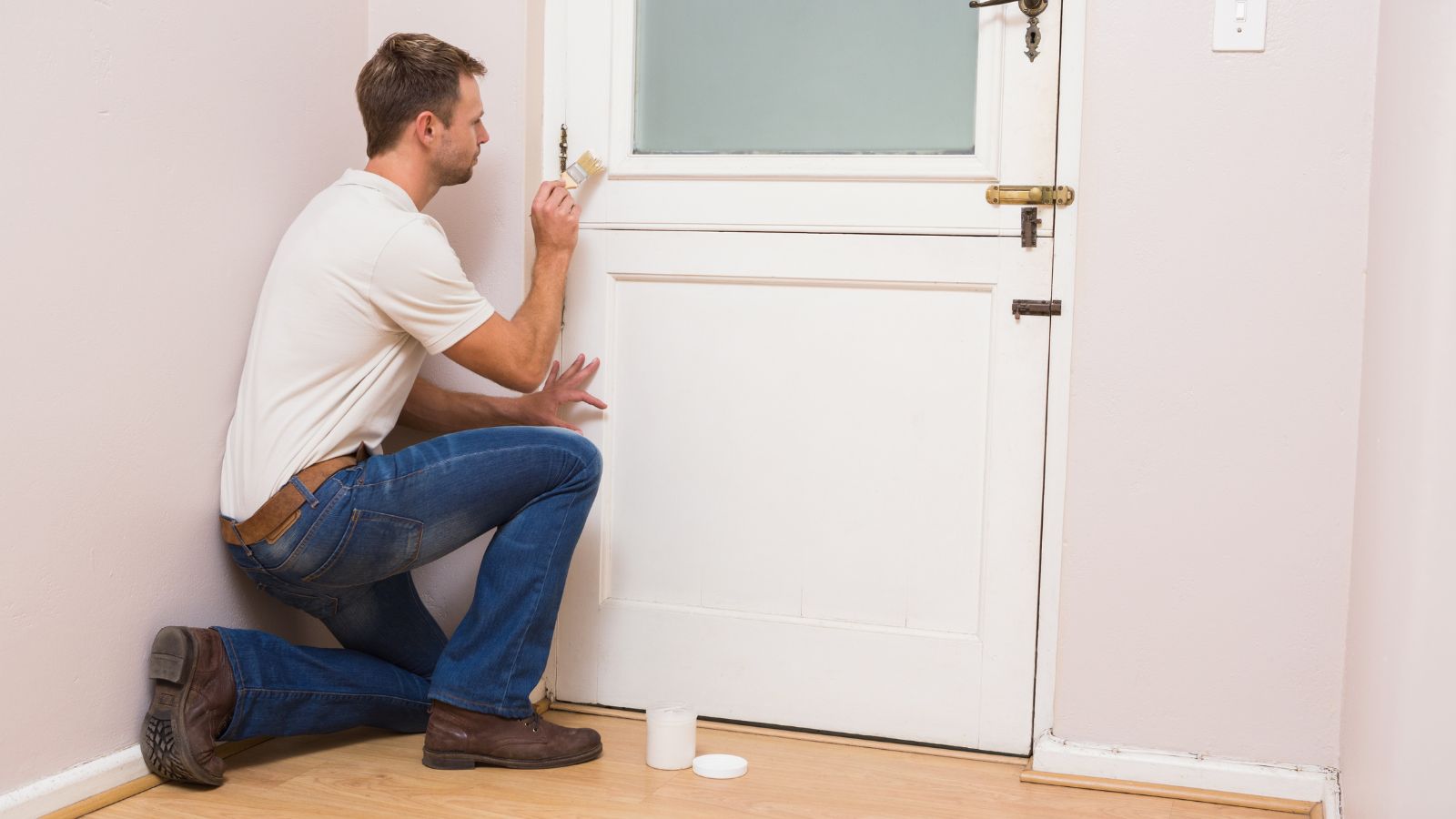
A fresh coat of paint can do wonders for a room, but only if done correctly. Sloppy paint jobs with drips, streaks, and uneven edges can make your home look unprofessional and unkempt. Buyers will notice these flaws and might wonder what other corners have been cut around the house.
DIY Plumbing Work
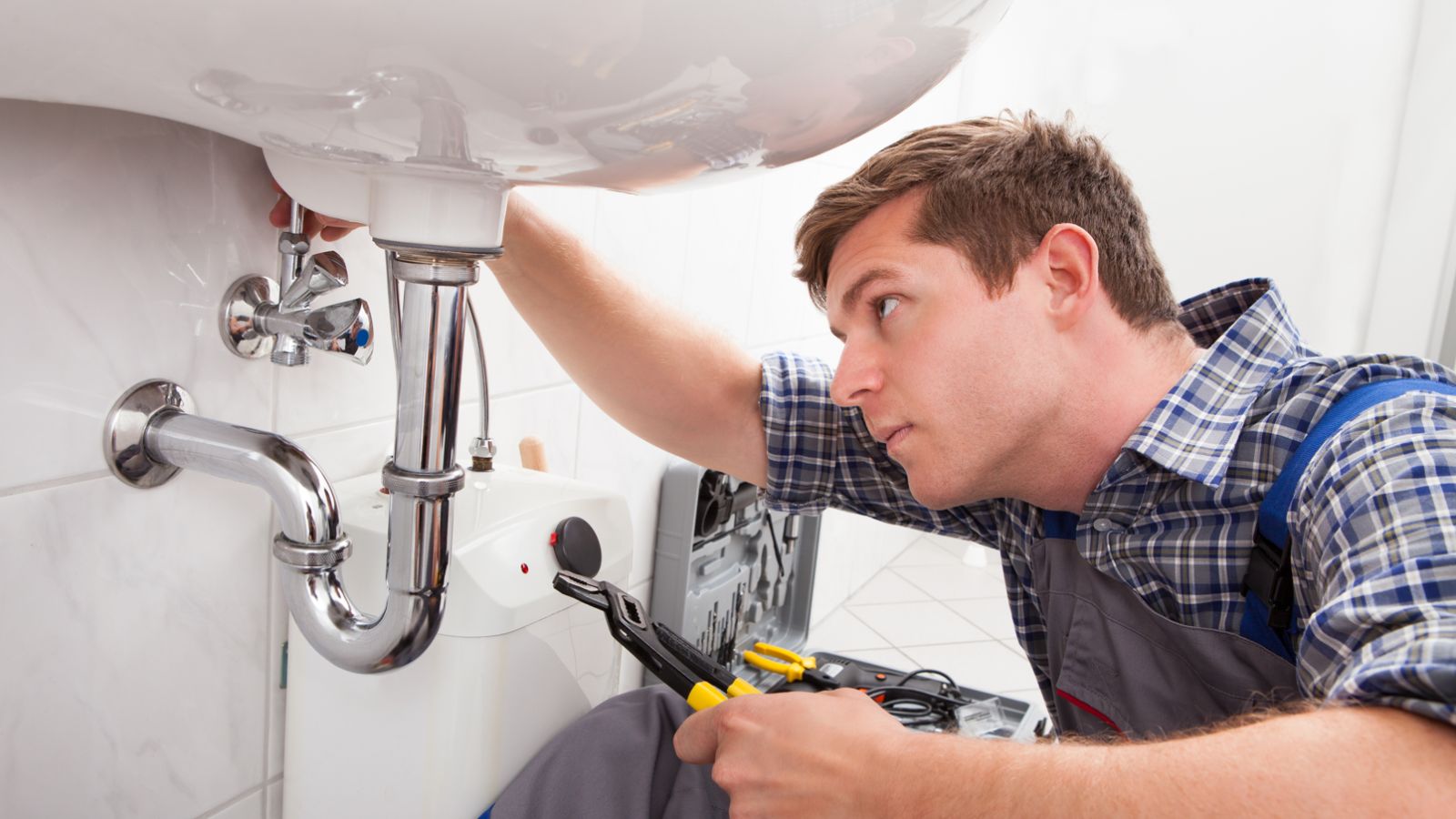
Unless you’re a licensed plumber, attempting to tackle plumbing projects on your own is risky. Improperly installed pipes, fixtures, or water heaters can lead to leaks, water damage, and mould—all of which are expensive to repair. Possible buyers will be wary of DIY plumbing work, knowing the potential for future issues.
Inconsistent Flooring Choices
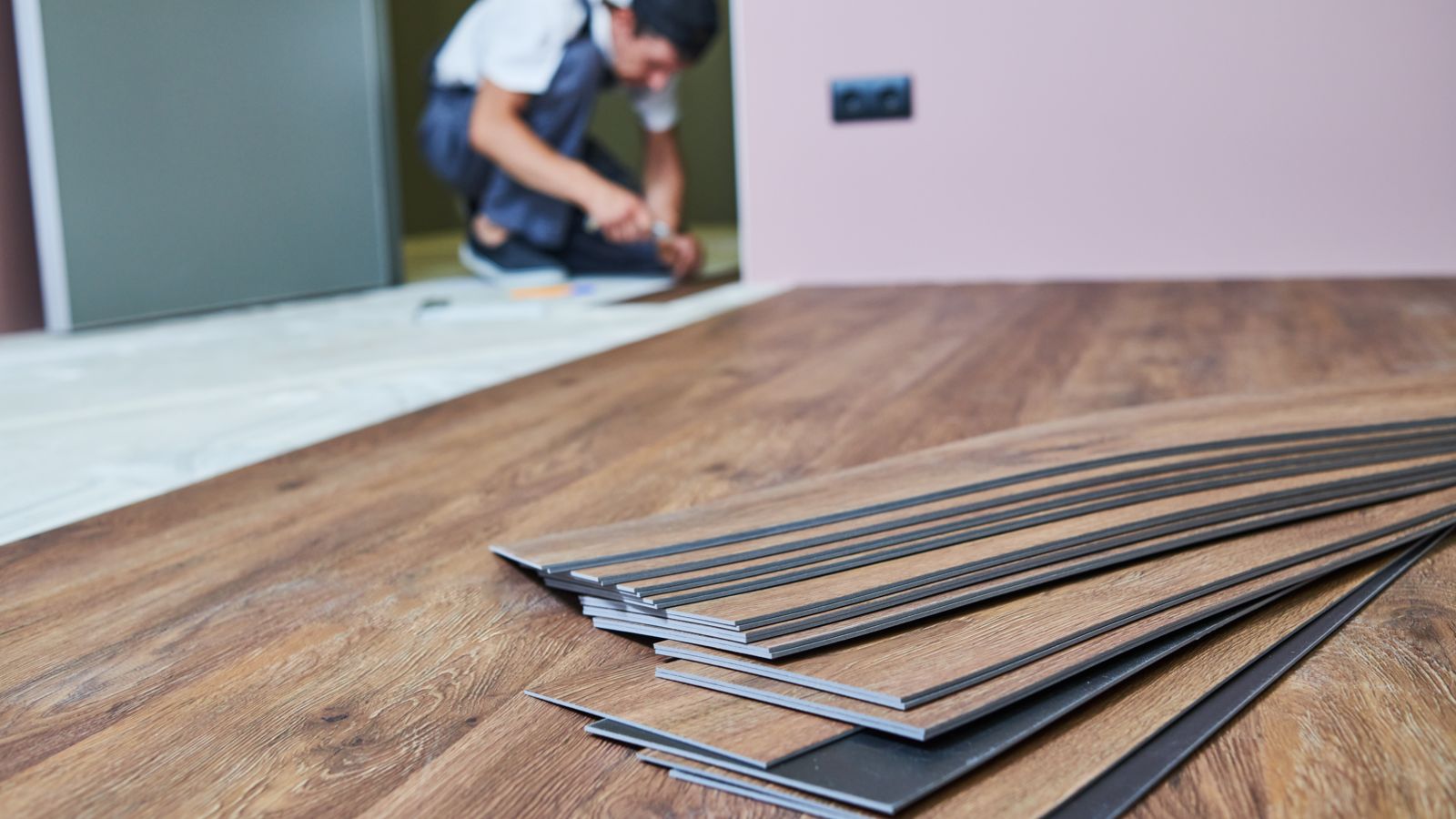
Having different types of flooring in every room can make your home feel disjointed and chaotic; while it might be tempting to install that trendy new tile in the kitchen and plush carpet in the living room, too much variety can be jarring. Consistent flooring throughout creates a sense of continuity and spaciousness.
Poorly Planned Additions
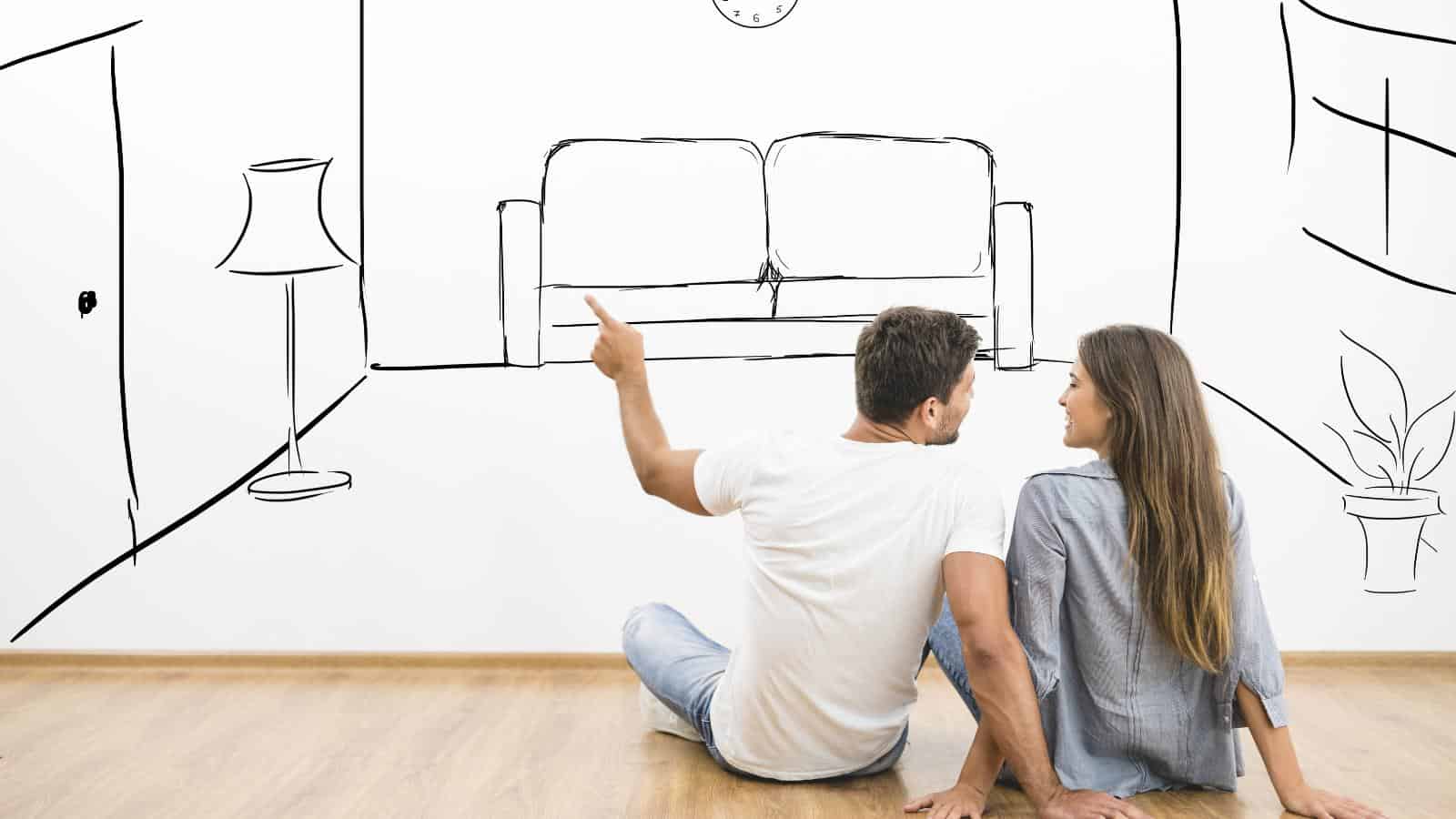
Adding extra rooms or extensions to your home can be a great way to increase space and functionality. However, poorly planned or executed additions can look awkward and out of place, detracting from your home’s overall appeal. Buyers might be put off by non-permitted or poorly integrated extensions.
DIY Electrical Work

Electrical work is best left to the professionals as DIY electrical projects can be dangerous and may not meet building codes, leading to potential fire hazards or the need for costly repairs. Homebuyers are often wary of homes with non-professional electrical work, knowing the risks involved.
Converted Garages
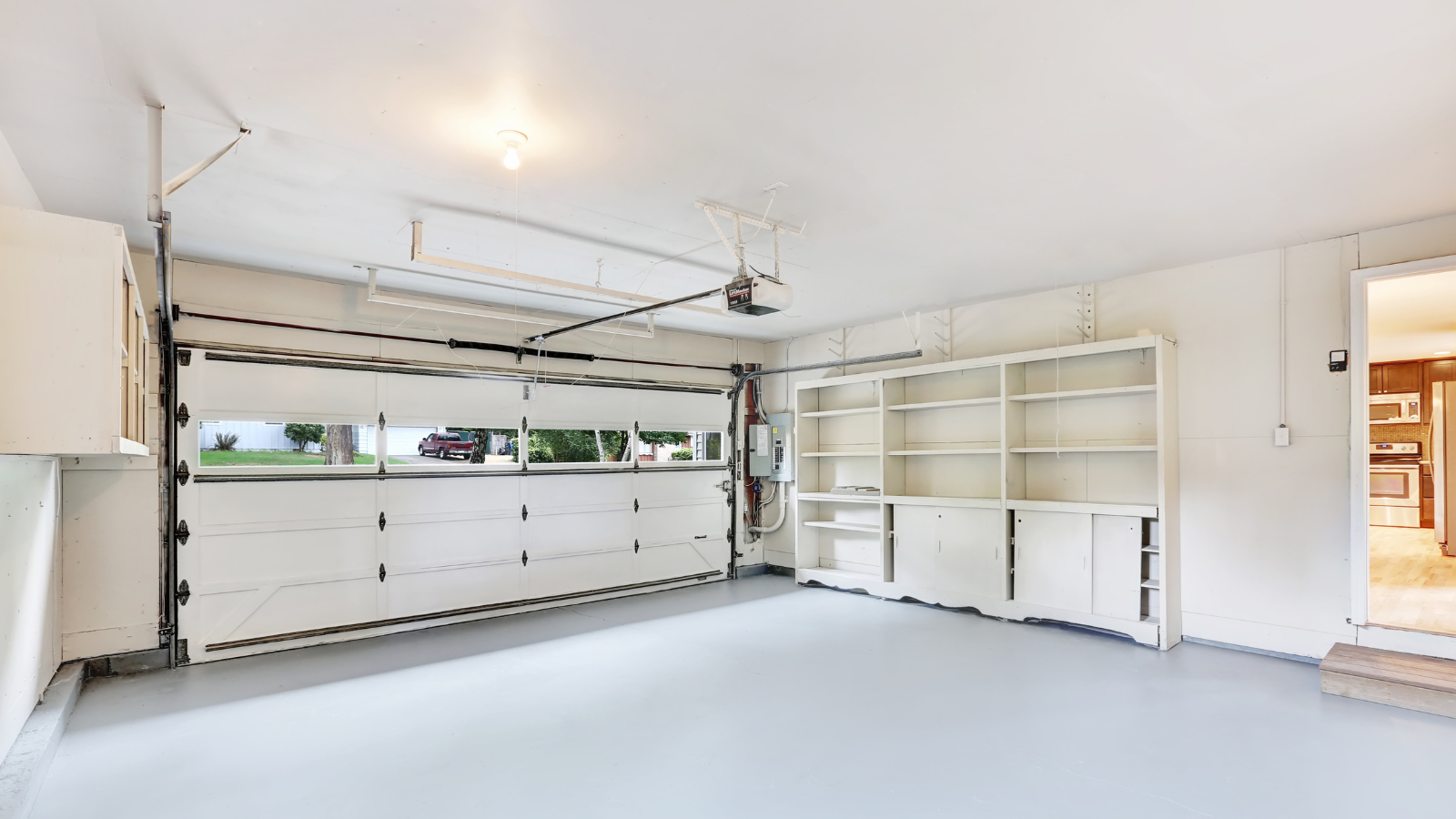
Converting a garage into a living space might seem like a great way to add extra room, but it can actually decrease your home’s value, as many buyers prioritise having a functional garage for parking and storage. Losing this space can be a major drawback, especially in areas where garage space is highly valued.
Unpermitted Work
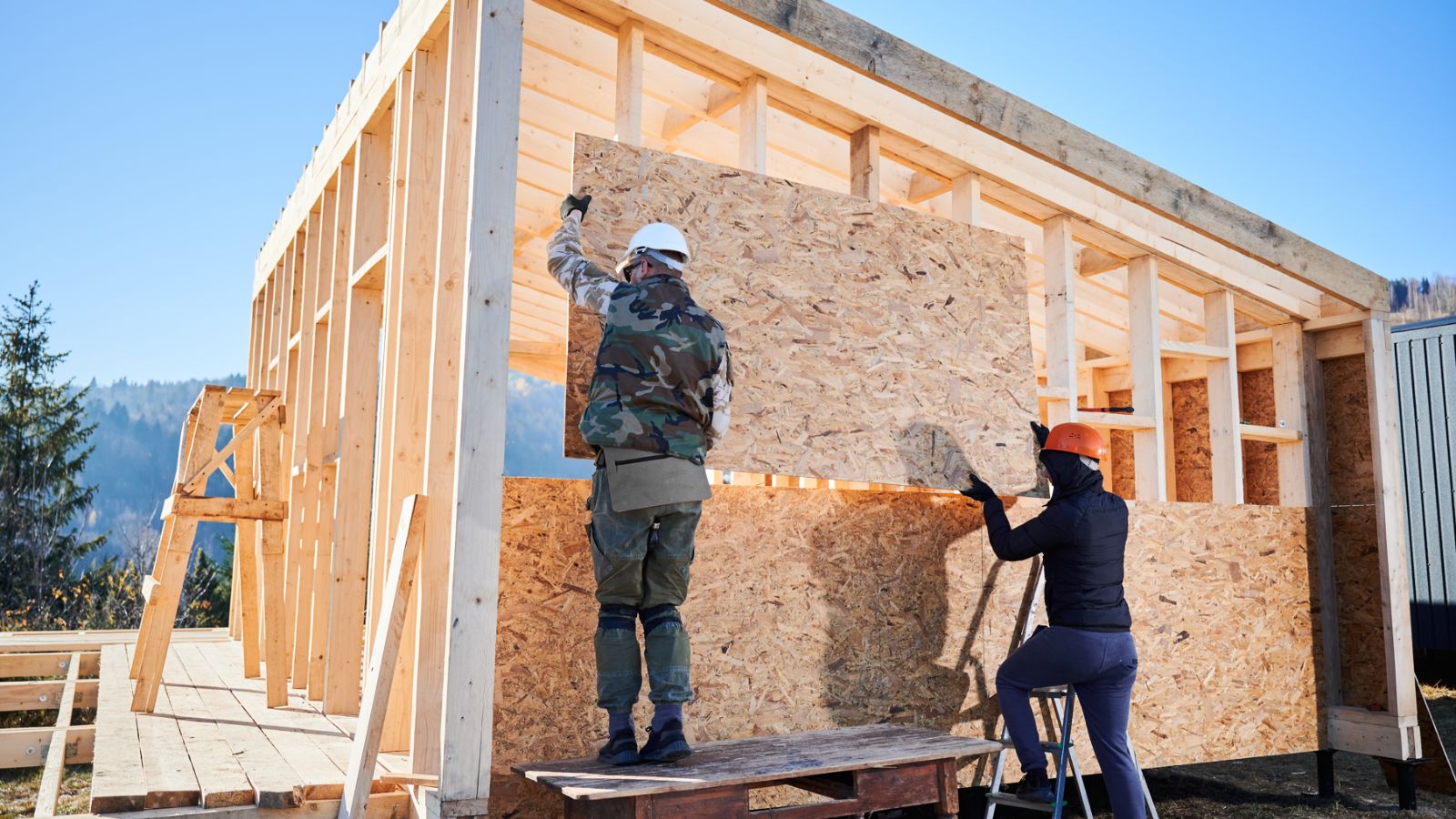
Any renovations or additions done without the proper permits can be a red flag for potential buyers, because unpermitted work can lead to issues with insurance, future renovations, and potential fines. It’s crucial to obtain the necessary permits and follow local building codes to ensure your work is legal (and safe).
Low-Quality Fixtures
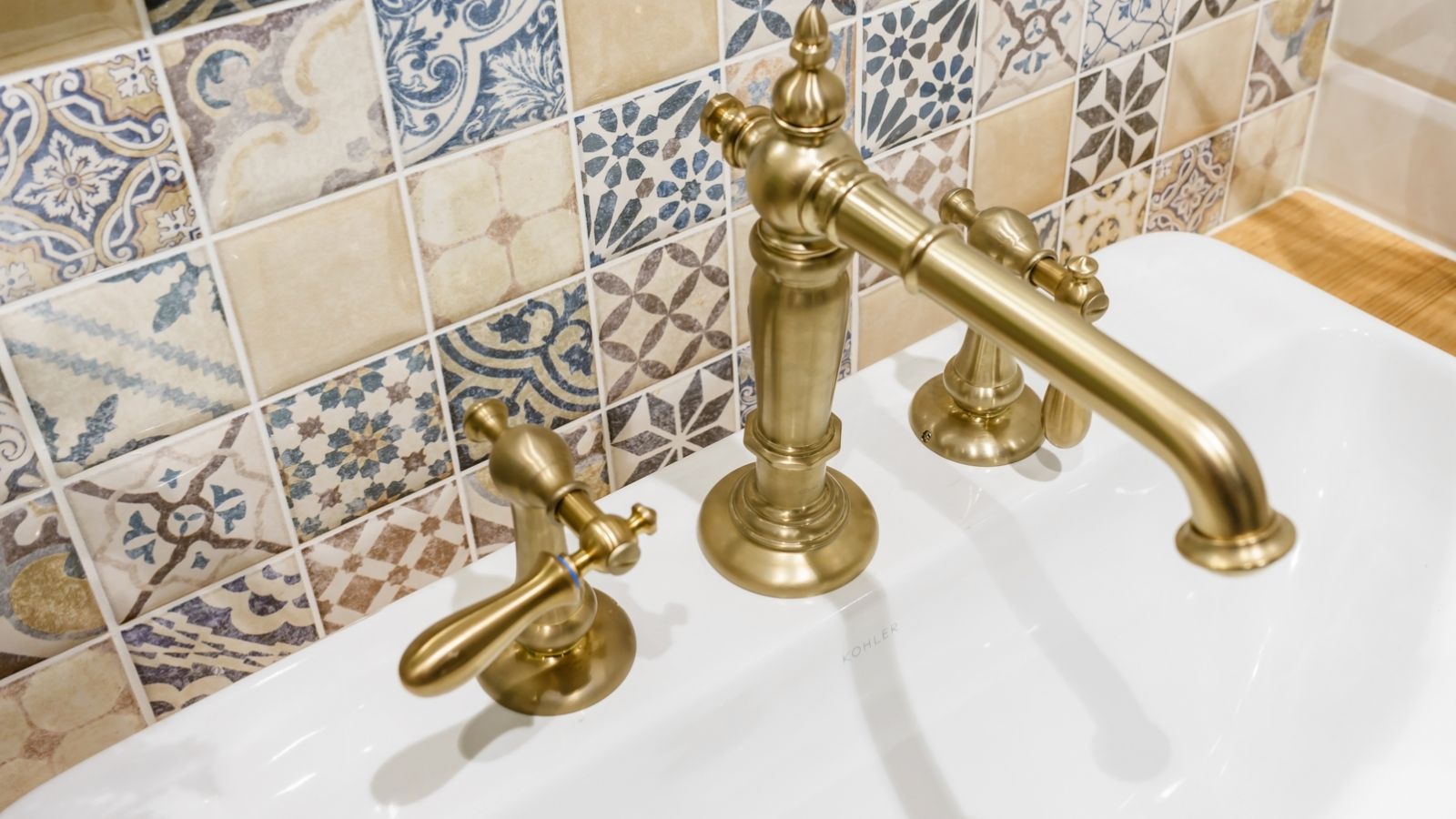
Replacing fixtures such as faucets, lighting, and cabinet handles can update the look of your home, but opting for low-quality, cheap fixtures can have the opposite effect. These items often wear out quickly and can make your home look tacky or poorly maintained.
Excessive Landscaping

A beautifully landscaped yard can enhance your home’s curb appeal, but excessive or overly intricate landscaping can become a burden for future homeowners; buyers may be deterred by the maintenance required to keep up with elaborate gardens or water features. Simple, well-maintained landscaping is more likely to appeal.
Unbalanced Room Usage
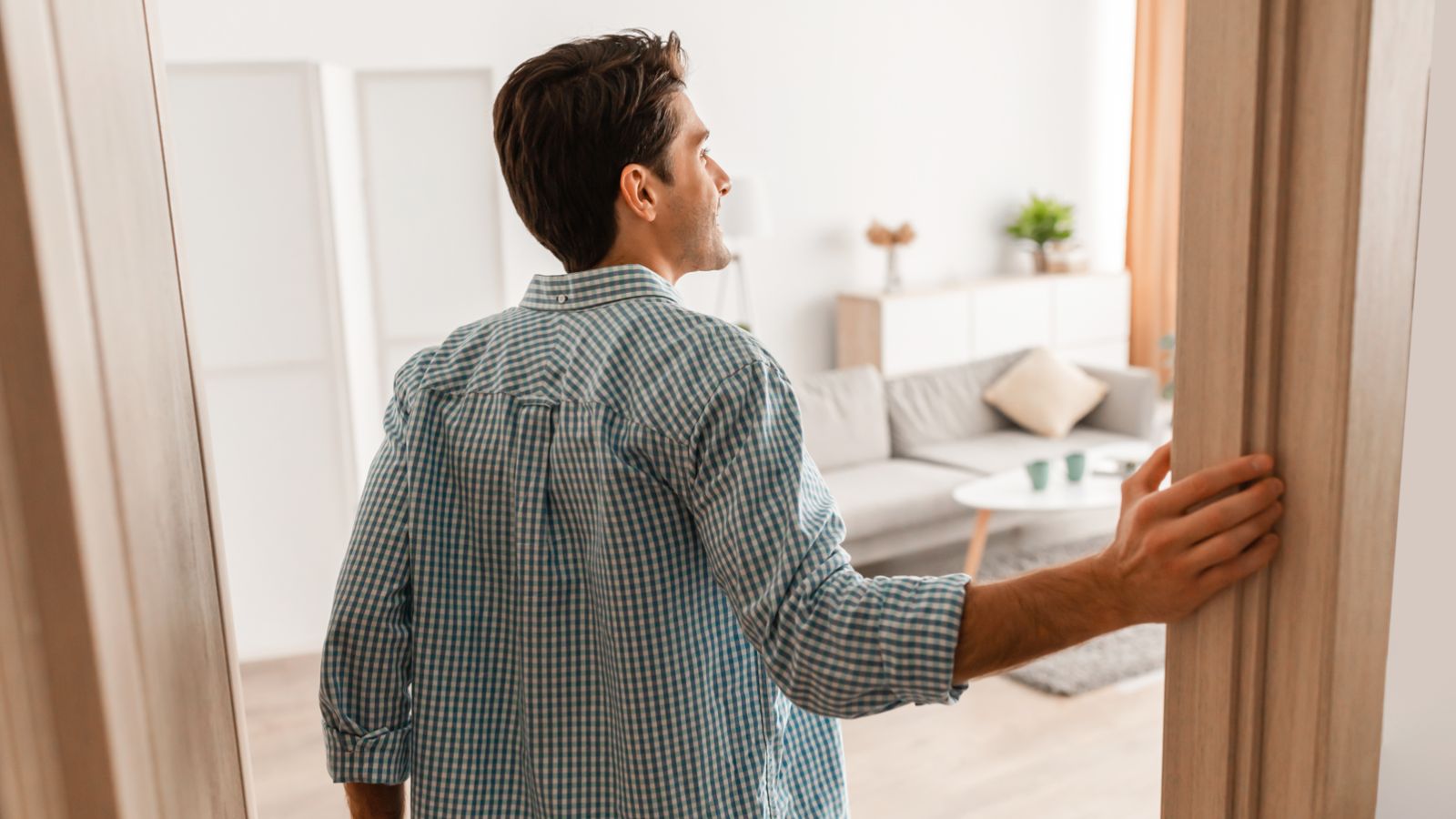
Transforming rooms to suit specific hobbies or needs, like turning a bedroom into a home gym or a closet into an office, can be practical for your lifestyle. These changes might not appeal to future buyers who need the original functionality of those rooms, unfortunately. Keeping spaces versatile and adaptable ensures that your home meets the needs of a wider audience.
Amateur Tile Work
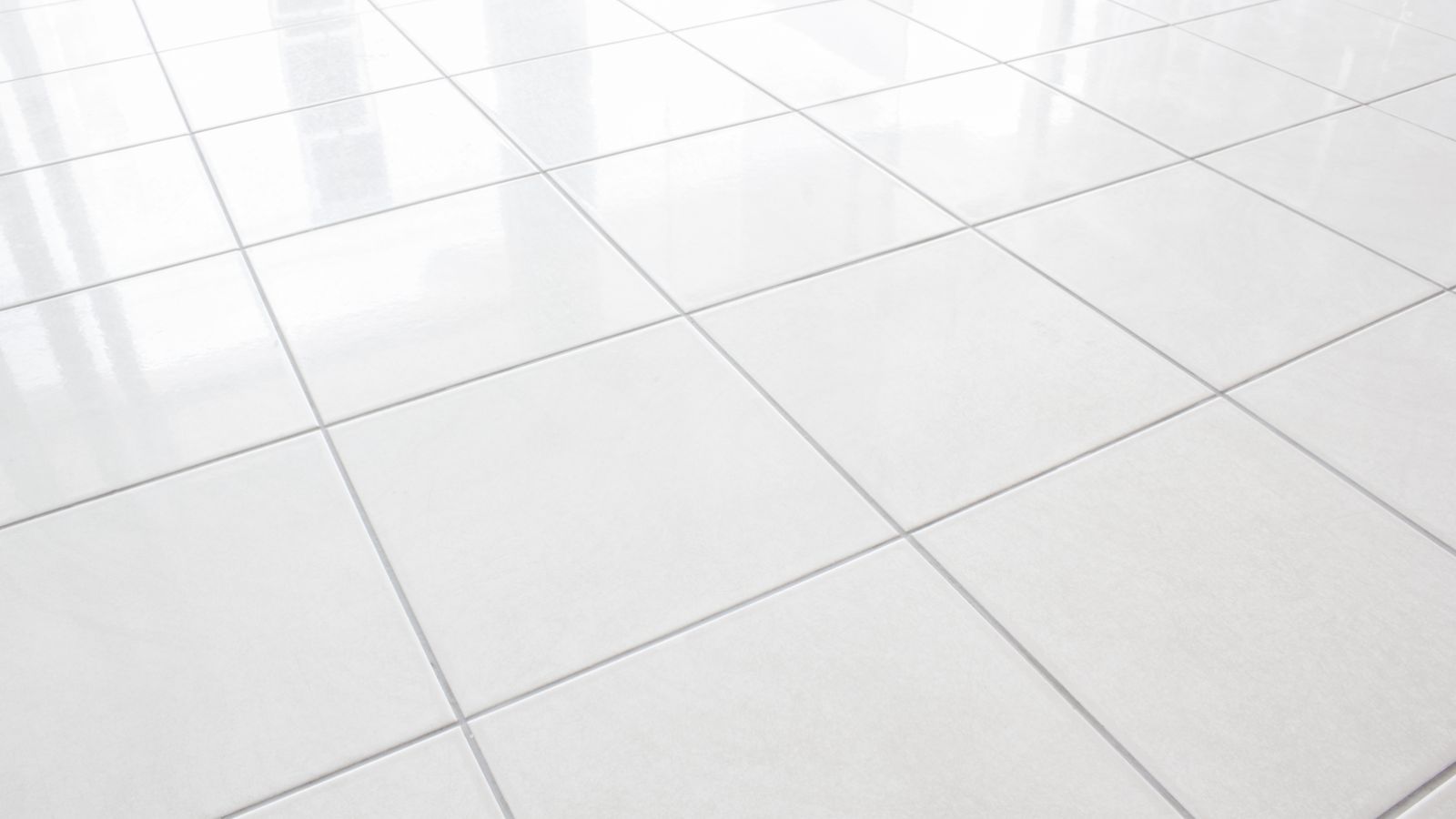
A stylish touch to kitchens and bathrooms can be added with proper tiling—but poorly executed tile work can be an eyesore. Uneven grout lines, misaligned tiles, and visible cuts can make a space look unfinished and amateurish.
Inconsistent Interior Design
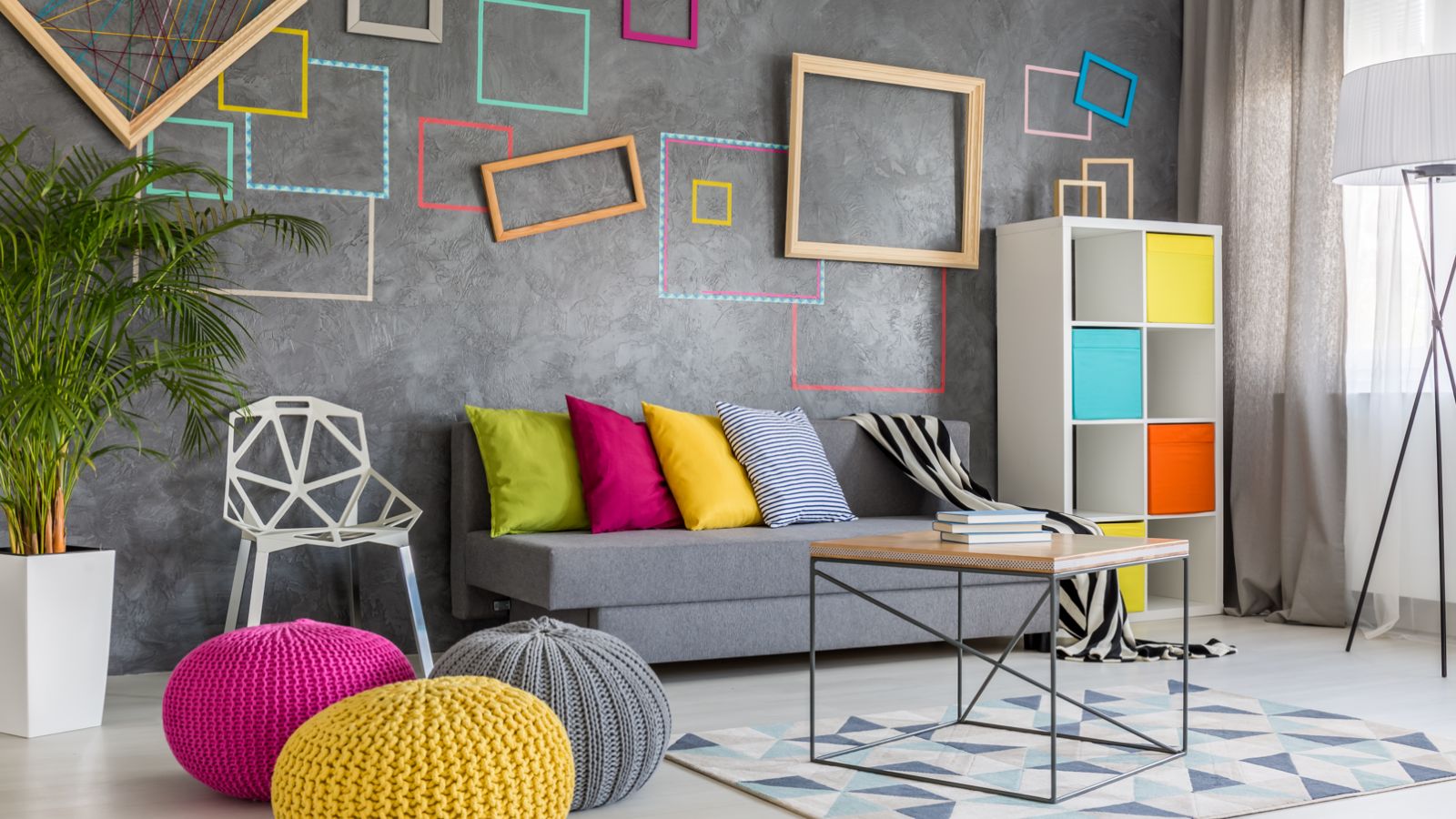
Mixing too many design styles can make your home feel cluttered and chaotic. While it’s fun to incorporate different aesthetics, a lack of cohesion can be off-putting to buyers. Sticking to a consistent design theme throughout your home helps create a harmonious environment.
Unsealed Decks and Patios
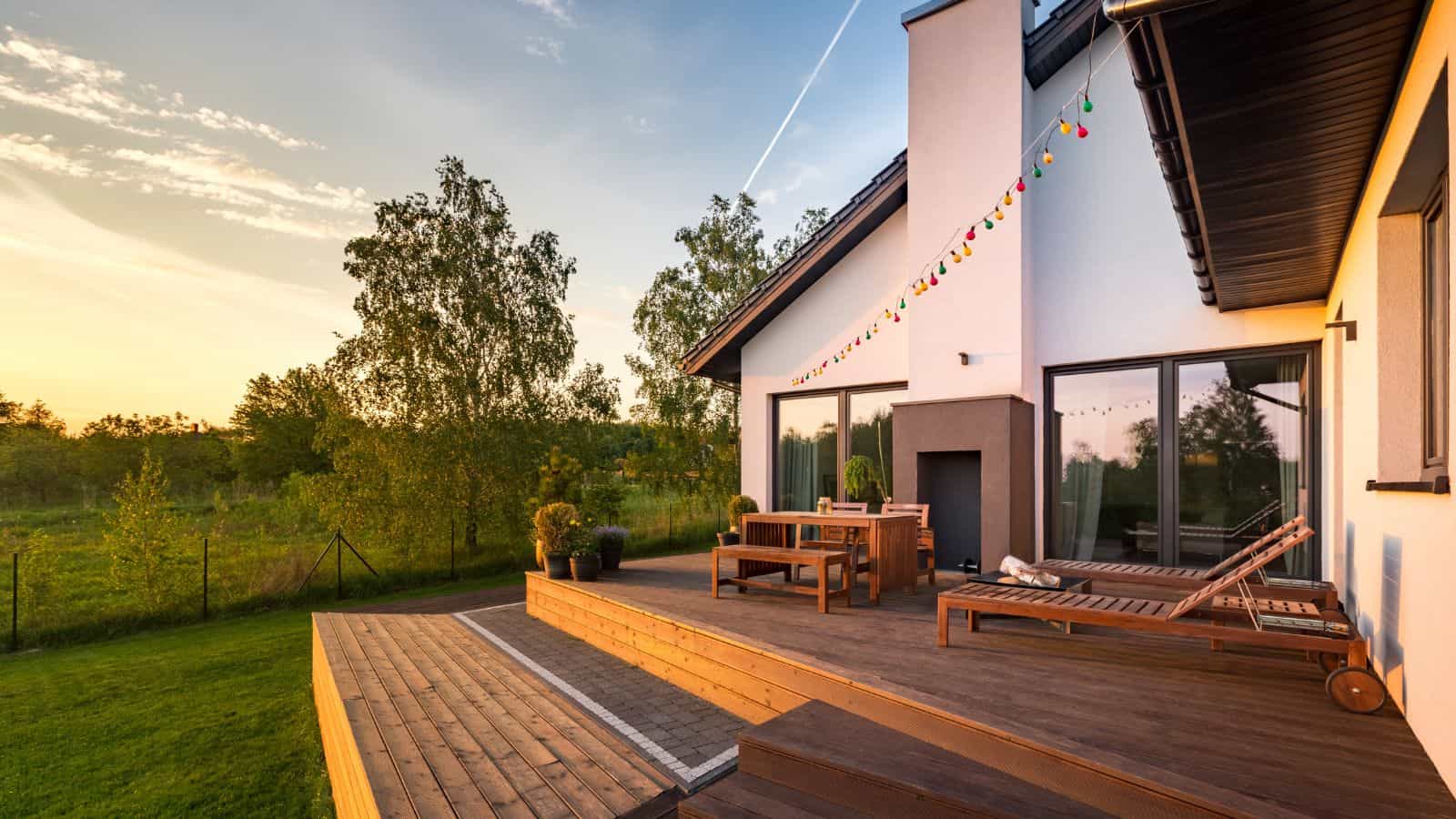
A deck or patio can enhance your outdoor living space, but failing to properly seal and maintain it can lead to deterioration and safety issues. Unsealed wood can rot, warp, and become infested with pests, decreasing your home’s overall value.
Over-the-Top Luxury Upgrades
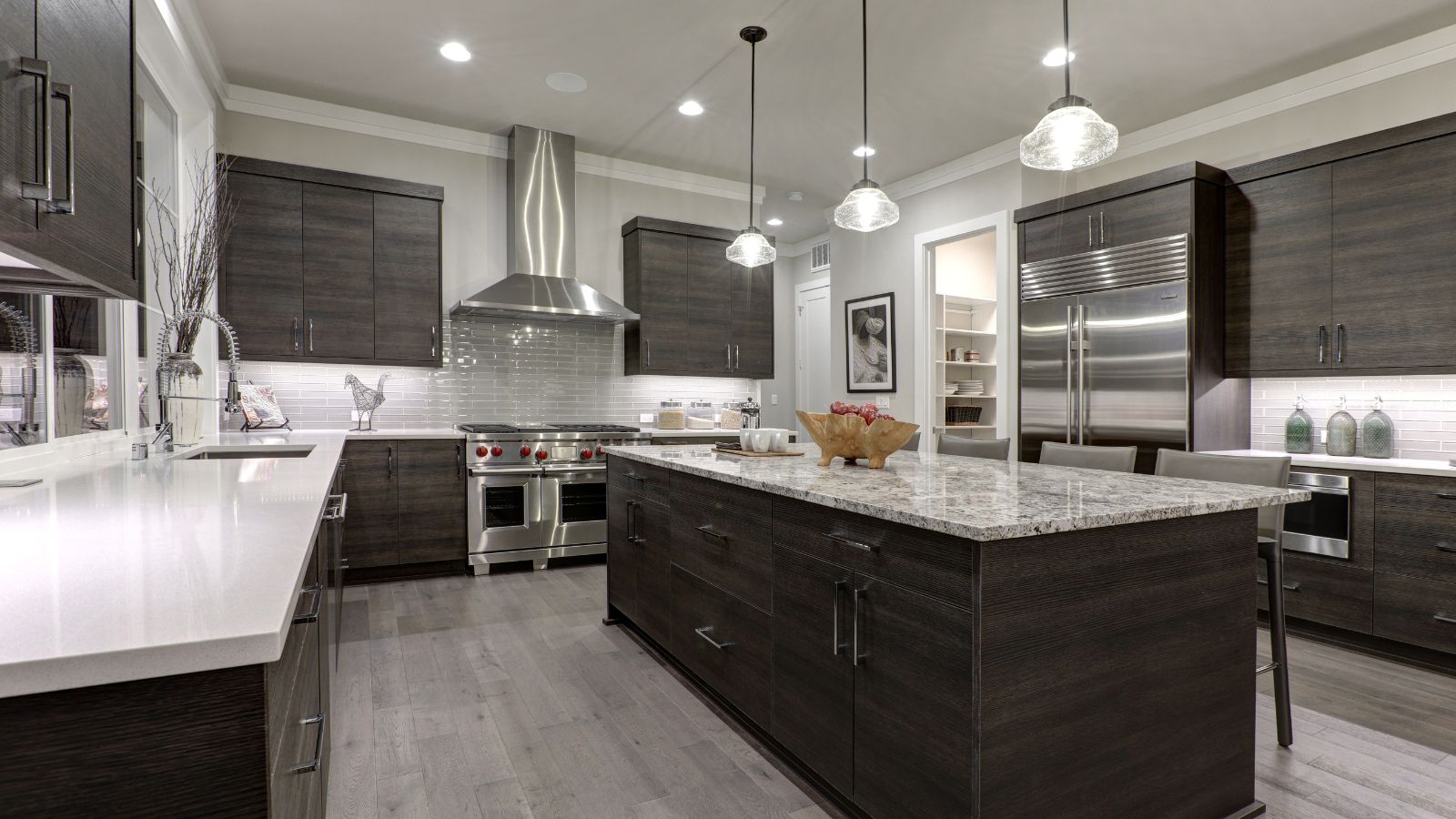
Luxury upgrades might sound like they’d add value, but high-end kitchen appliances, custom cabinetry, or elaborate home theatres often don’t provide a good return on investment. These features can make your home more expensive than comparable properties in your area, pricing out potential buyers. Moderation is key.
Compromising Bedroom Count
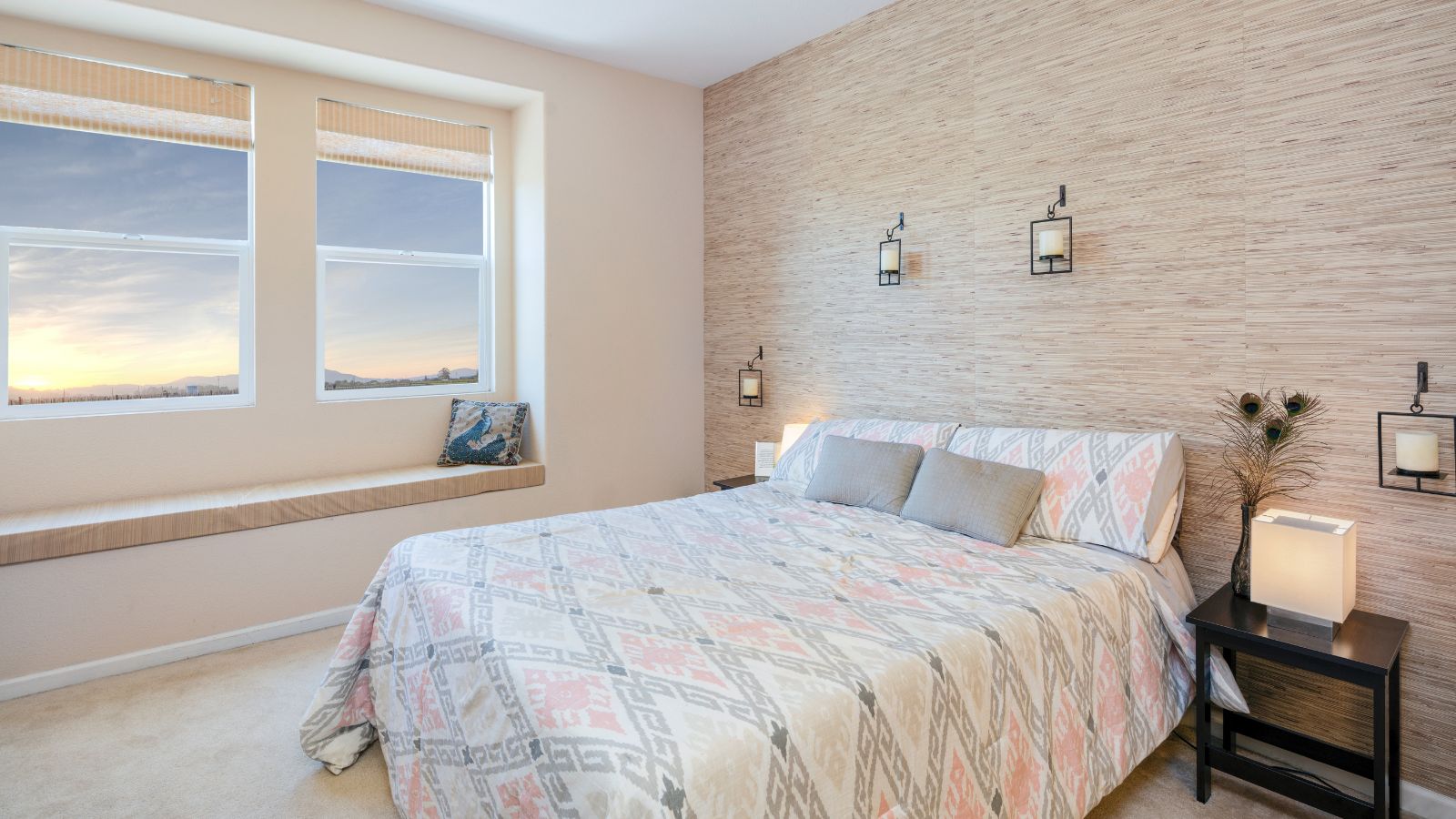
And finally: removing a bedroom to create a larger master suite or combining two smaller rooms might seem like a good idea, but it can actually decrease your home’s value. The number of bedrooms is a significant factor in property valuation, and reducing this count can limit your home’s appeal to those looking for more space.

